Behind New Zealand's '100% Pure' Image lies a Dirty Truth | Foreign Correspondent
New Zealand’s clean, green image hides a dirty truth. Polluted by intensive dairy farming, its waterways are some of the most degraded in the world. Will the Ardern government clean it up or will the Maori step in?
It’s a toxic brew of dirty water and big business. And it’s jeopardising New Zealand’s ‘100% pure’ clean, green image.
New Zealand’s pristine landscapes and stunning vistas have made it a magnet for tourists and film directors. Its dairy exports have taken the world by storm.
But behind this success story lies a shocking reality. New Zealand has some of the most polluted rivers in the developed world.
Scientists blame the ‘white gold rush’ – the rapid expansion of the country’s hugely successful dairy industry, worth around $15 billion a year.
Correspondent Yaara Bou Melhem travels to the South Island of New Zealand to investigate an issue which is dividing communities.
She finds rivers contaminated with high levels of nitrogen nitrates, run-off from intensive farming practices.
In some cases, this run-off causes toxic algal blooms posing a danger to people and animals. It can make rivers un-swimmable.
“When you have excessive nutrients and sediments coming into the system, these blooms can really take off,” says freshwater ecologist and local councillor Lan Pham. “It just fuels this disconnection with the river.”
The Ardern government, which was re-elected in a landslide last year, has promised to clean up.
“I want our waterways to be swimmable again,” said Ardern in the lead up to last year’s election. “We’re putting in place standards that…stop the degradation.”
The government has introduced limits on the level of nitrates allowed in freshwater but these reforms have left no-one happy. Ecologists warn they’ve set the level too high and that this could be damaging to life in the rivers.
Many farmers claim the levels are set too low and will destroy the dairy industry.
“We will have a dislocation of thousands upon thousands of people,” warns South Island dairy farmer John Sunckell.
“Do we want to get rid of agriculture? It becomes that blunt with the numbers.”
New Zealand’s wealthiest Maori tribe has stepped into the stalemate. Ngai Tahu, whose territory spans a large swathe of the South Island, has filed a landmark high court claim over the freshwater in its tribal lands.
“There’s been a failure of government, there’s been a failure of the market and the only one standing with any credibility on this is the Maori’,” says the lead claimant in the case, Dr Tau.
It’s a huge battle over this most precious natural resource – freshwater – and there’s no end in sight.
About Foreign Correspondent:
Foreign Correspondent is the prime-time international public affairs program on Australia's national broadcaster, ABC-TV. We produce half-hour duration in-depth reports for broadcast across the ABC's television channels and digital platforms. Since 1992, our teams have journeyed to more than 170 countries to report on war, natural calamity and social and political upheaval – through the eyes of the people at the heart of it all.
Contributions may be removed if they violate ABC’s Online Terms of Use http://www.abc.net.au/conditions.htm (Section 3). This is an official Australian Broadcasting Corporation YouTube channel
0



 Life_N_Times_of_Shane_T_Hanson
Life_N_Times_of_Shane_T_Hanson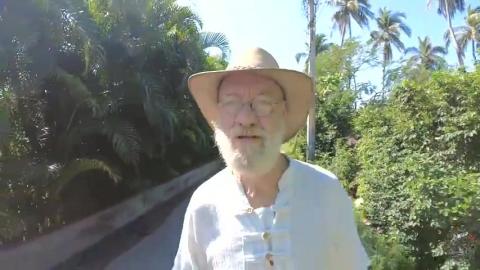

 Alpha Male Lifestyle
Alpha Male Lifestyle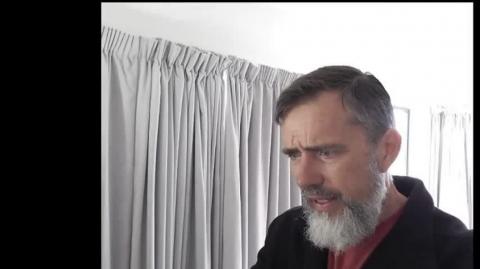

 HennessyVenom
HennessyVenom
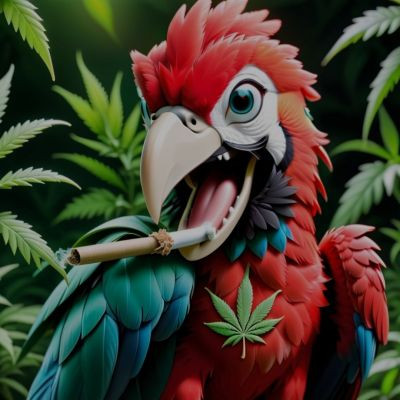 Gonzo17ab
Gonzo17ab
 AgentofSocialMediaChaos
AgentofSocialMediaChaos

 Redacted News
Redacted News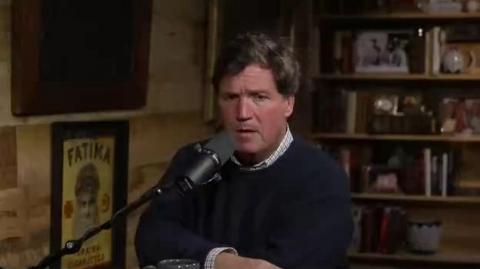
 Elgato_Weebee
Elgato_Weebee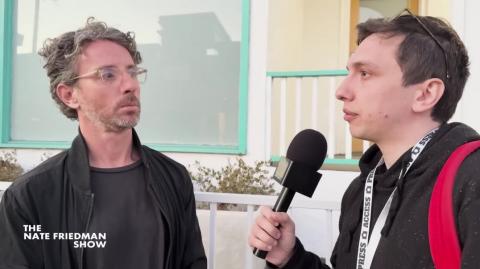
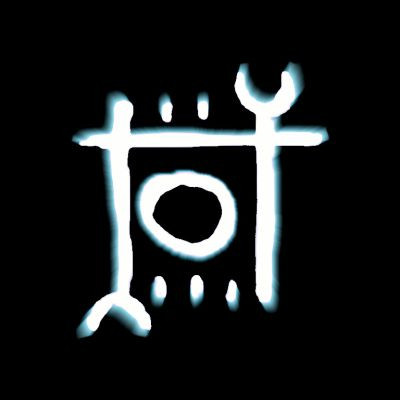 KEEPER
KEEPER
 Timcast IRL
Timcast IRL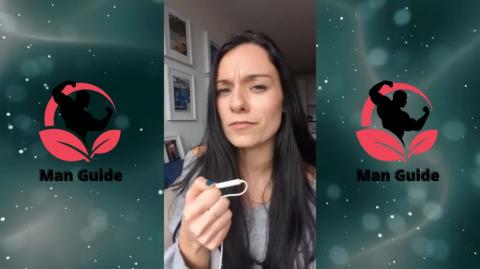
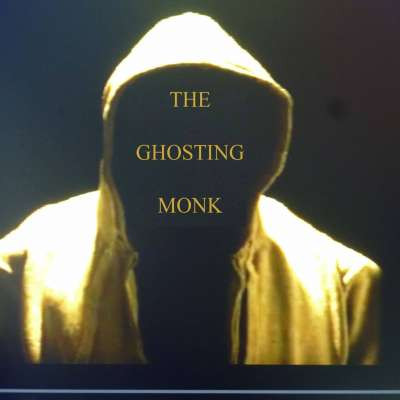 mrghoster
mrghoster

 AMNAT
AMNAT


 TheRedKnight
TheRedKnight

 TheQuartering
TheQuartering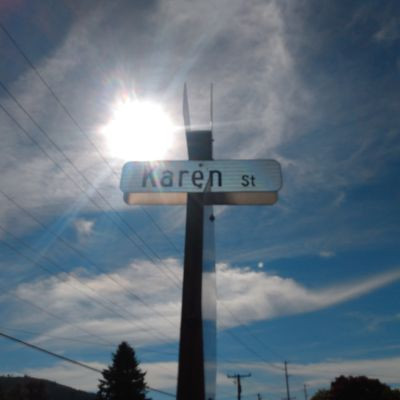

Log in to comment